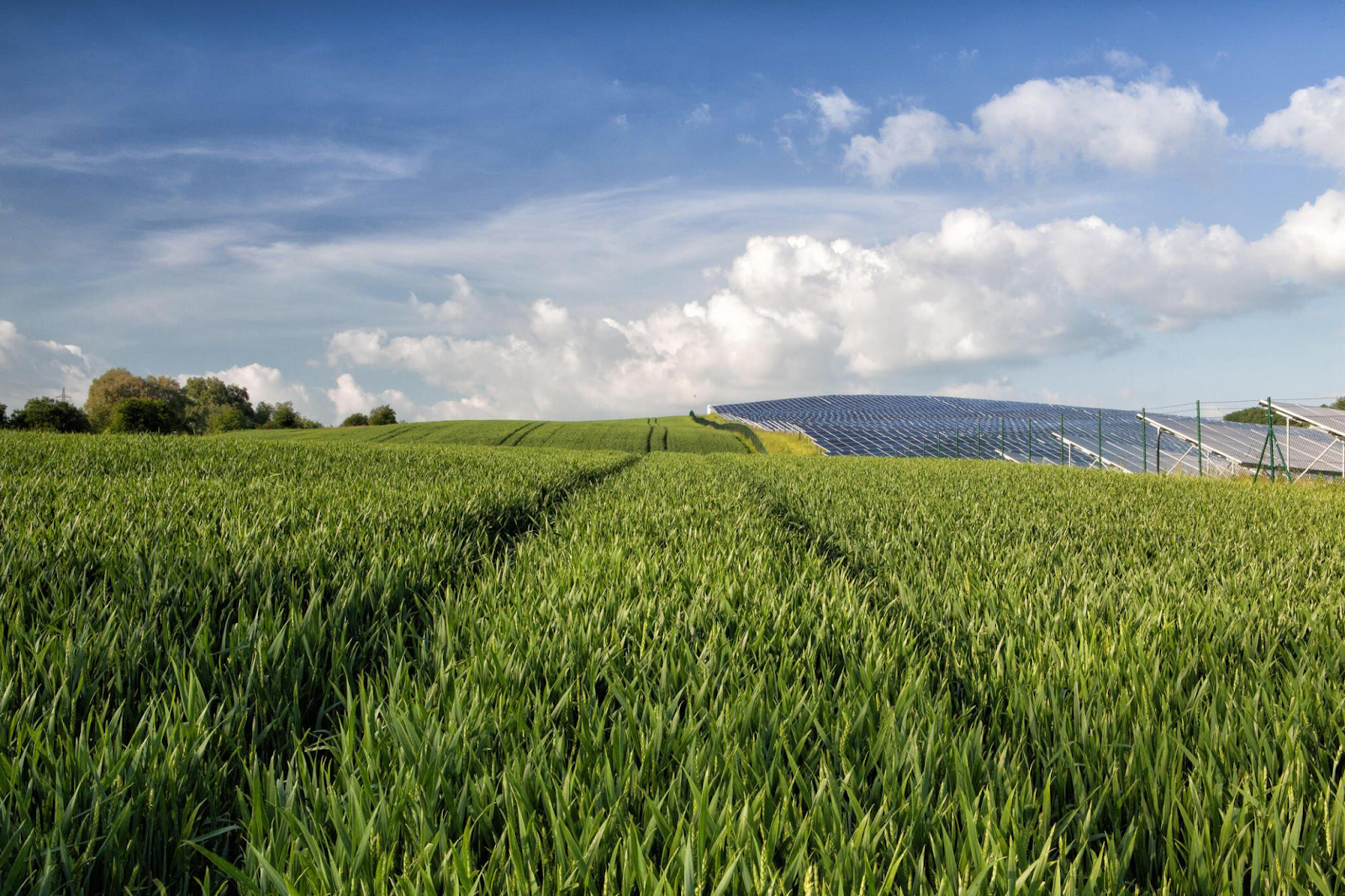The essential elements in plant growth are oxygen, hydrogen, carbon, and soil water. When carbon dioxide and water are combined through photosynthesis, carbohydrates are formed. It is the main source of energy for the plants. These are all the natural resources present in the atmosphere, but when silicon, another natural element used on these plants, it can improve their growth to a much greater extent. Thus, silicon in agriculture is an important aspect to consider.
In this blog, we’ll understand the importance of silicon in the agricultural industry.
Let’s dive right into it.
Importance of silicon in agriculture
Within plants, silicon facilitates the biochemical activation of defense genes, enzymes, and phytoalexins. Simultaneously, it induces anatomical changes in cell structure, enhancing mechanical resistance in tissues. This dual action equips plants with improved resilience against unfavorable abiotic conditions like salinity, drought, flooding, cold, and excessive radiation, as well as adverse biotic conditions such as diseases and pests.
Over the years, plants have developed diverse responses and adaptations to endure stress conditions. These adaptations are closely linked to the roles played by both essential and beneficial nutrients, with particular emphasis on the pivotal role of Silicon (Si) in enhancing plant stress tolerance.

In the field of biotic stress, Si acts as a formidable mechanical barrier, preventing pathogenic infections and conferring resilience against attacks by phytophagous insects. This multifaceted action describes Si's positive impact in mitigating damage induced by abiotic stresses, particularly those arising from salinity and drought.
Regarding the chemical barrier, Si is proposed to actively enhance the defense mechanisms of plants at the biochemical and molecular levels. It promotes the production of phenolic compounds and elevates levels of certain phytoalexin classes. Additionally, Si contributes to the transcription of specific genes encoding proteins crucial for plant defense against pathogens. In addition to this, the silica content in the leaf helps rice plants resist to lodging, drought, and dry matter accumulation.
Importance of silicon in dealing with water and saline stress in agriculture
A key approach to enhancing plant survival and performance during water stress involves managing mineral nutrition. There is a positive impact of applying silicon (Si) fertilizers in crops to alleviate drought-related damage. Among its benefits, Si has been observed to enhance gas exchange, a highly sensitive process during such stress. Furthermore, Si plays a protective role for chloroplasts under these conditions and improves the concentration of pigments crucial for light absorption, thereby boosting photosynthetic activity.
An increase in silicon fertilizers can act as an effective protection mechanism against problems caused by saline stress.

Importance of silicon to improve tolerance against plant diseases
Using more silicon (Si) fertilizer on crops can help them better handle diseases caused by things like fungi, bacteria, nematodes, and viruses. This happens because Si creates physical barriers or changes how the plant reacts to these diseases. The positive effect of Si in reducing harm from diseases is because it gathers and combines in the outer tissues of the plant, forming a strong protective layer. This layer acts like armour, safeguarding the plant.
Importance of silicon in pest control
Adding more silicon (Si) to plants can help them withstand attacks from insects. This is because the ways plants defend themselves with Si against diseases are similar to how they defend against insects.
The first defense is like having a strong shield. Si is put into the cells of tissues, like the outer layer and covering of the cell wall, creating a tough double layer of silica. This layer is like armor, making it hard for insects to infect or get into the plant. Si also encourages the production of smelly compounds that attract natural enemies of insects. Additionally, it helps control specific genes related to plant defense.
Conclusion
In this blog, we saw the importance of silicon and its products in the agriculture industry. The use of silicon in the agriculture industry is widespread. Silica and silicon are used in the growth of plants, to protect against pests and plant diseases, water and saline stress. The silicon powder in agriculture is used to strengthen the cell wall of the plant and increase its resistance against pests. Here at Resil, we manufacture different types of silicon-based products for the agricultural industry.
Looking for a suitable silicon-based product for your crops? Get in touch with us, and we’ll assist you every step of the way.
Frequently Asked Questions
What are the uses of silica in agriculture?
Silica increases the plant’s resistance to many diseases like septoria, eye spots, and powdery mildew.
Can silicon be used as a fertilizer?
Yes, silicon fertilizers are known to provide numerous benefits in plant growth like increasing their nutrition and their resistance to external pests and diseases.
How do you add silicon to the soil?
Add silicon to the water first. Give it a good mix, and then add the mixture to your plant.
How do plants absorb silicon?
The roots of the plants absorb silicon in the form of monosilicic acid.